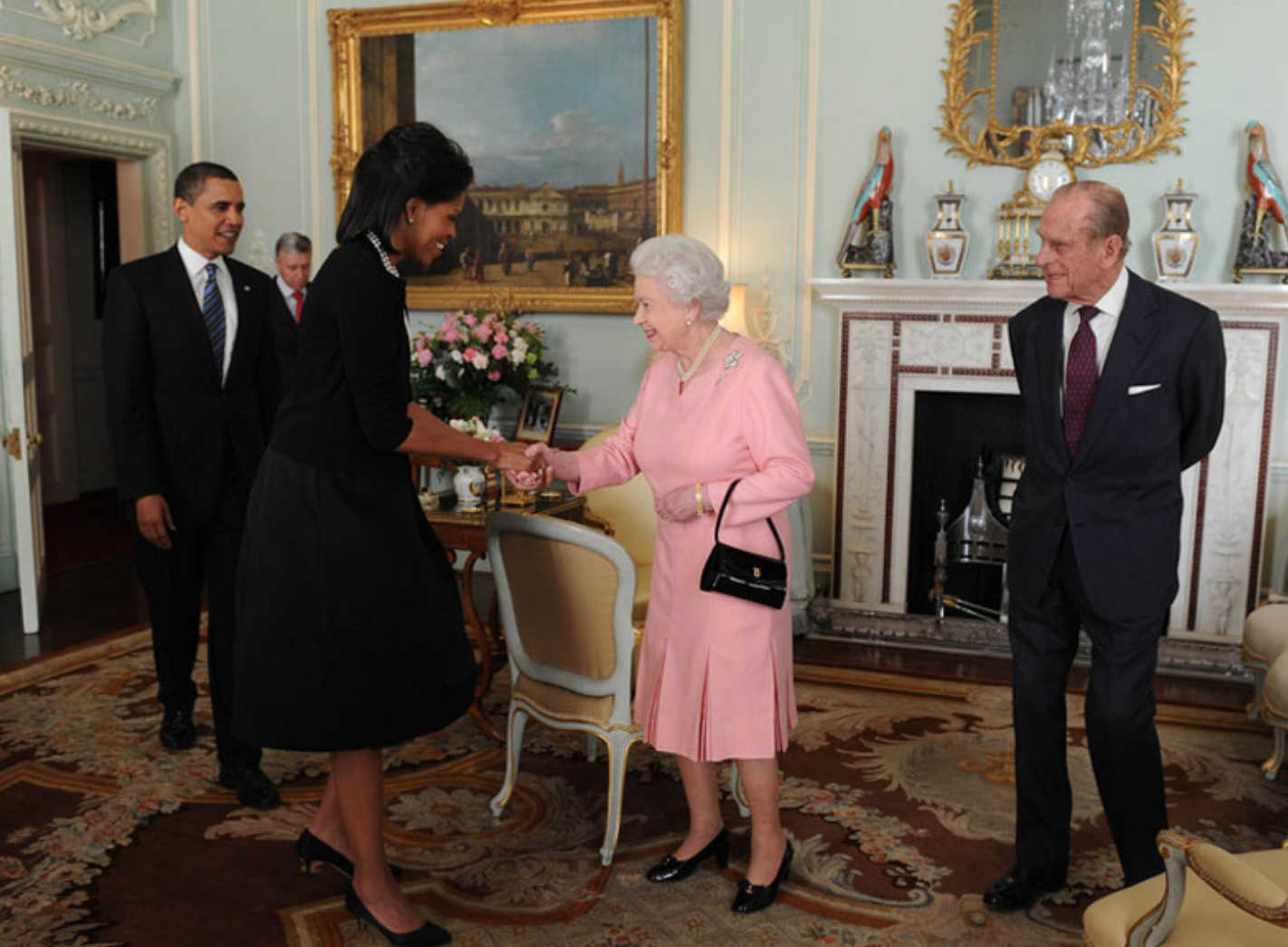For many, Queen Elizabeth II, embodied values such as public service, duty, dedication, courage, and determination. She also presided over rules and protocols around conduct, particularly at court. When the queen stands up you must immediately stand as well. When the queen has finished eating, so have you. Never turn your back on the queen. Teacups are pinched between the thumb and forefinger, with the middle finger supporting the base of the cup. These rules are what is known as etiquette, but they are not the same as good manners.
I support clients to access their own resilience and wisdom. This means getting in touch with what really matters: A human life span is 83.5 years, or 1000 months. It’s not long. Certainly not long enough to sweat all the small stuff. If you’re worrying about how to address the divorced widow of a Marquis, chances are you’re probably not living a life of purpose, grace, and ease.
“If there’s one thing I can’t stand, it’s snobbery and one-upmanship. People trying to pretend they’re superior. Makes it so much harder for those of us who really are. I hope you’re not going to spoil things with lower middle-class humor.”
Hyacinth Bucket, Keeping Up Appearances, by Roy Clarke
People often confuse Etiquette with good manners. However much she got it wrong, the character of Hyacinth Bucket, played by Patricia Routledge, was obsessed by Etiquette. Whereas good manners are mostly considered to be about making others comfortable and at ease, as evidenced by former first lady, Michelle Obama.
“There’s grace in being willing to know and hear others. This, for me, is how we become.”
Michelle Obama – Becoming
The classic story, possibly apocryphal, which illustrates this distinction has HRH Princess Margaret hosting a dinner at a Chinese restaurant in Chelsea. After the duck and pancakes, the waiter brought finger bowls filled with steaming water and slices of lemon. One of the Princess’s guests who were not familiar with such niceties brought the bowl to his lips and drank the lot. Without hesitation, Princess Margaret, not widely known for her social grace, did the same – and drank the lemon water. All her courtiers followed suit, and no embarrassment was caused to the guest.
Etiquette is about knowing that finger bowls are not to be consumed, but good manners mean making others feel at home, even when they’ve broken the rules.
Oddly, when they were first written down at the royal court of Versailles, the rules of etiquette were designed to make everyone know how to behave at court, so that they could fit in. But these days, etiquette has come to be less about inclusion and more about signaling to those people who are outside the court that they do not belong.
There’s nothing wrong with being clear about your rules. If you’re on a strict vegan diet or you have a no shoes rule in your home, by all means, let your guests or hosts know. But if your host mistakenly cooks with dairy or your guest would prefer not to remove their shoes, don’t make it into a big deal. Demanding that others adhere to your rules is easy. Making others feel comfortable, welcome and at home in your environment requires a significantly higher degree of flexibility and empathy.
The world has a way to many Hyacinth Buckets, vainly trying to make themselves feel better by giving themselves graceless airs and upbraiding the uninitiated. What we need is more Michele Obamas, leaders who are focused on making others feel at ease. It’s perhaps no surprise, that although etiquette dictates that no one should ever physically touch the monarch, when Michelle Obama visited Buckingham Palace, in 2009, she famously hugged Her Majesty.
Some have suspected that the Queen was upset about this encounter, but as her dresser, Angela Kelly, explains in her book, The Other Side Of The Queen, quite the opposite was true. “The Queen has the ability to make everyone feel so relaxed that sometimes it feels instinctive to be tactile with her, just as Michelle Obama demonstrated during the State Visit.”
This, to me, is what good manners are all about. Not doing things in the “correct” way, but making everyone feel relaxed and comfortable, especially when their customs and traditions are different from our own.


